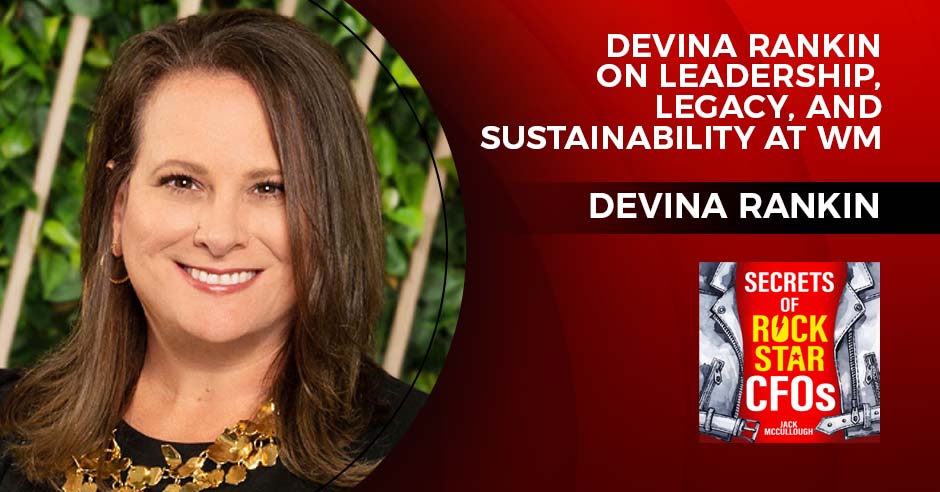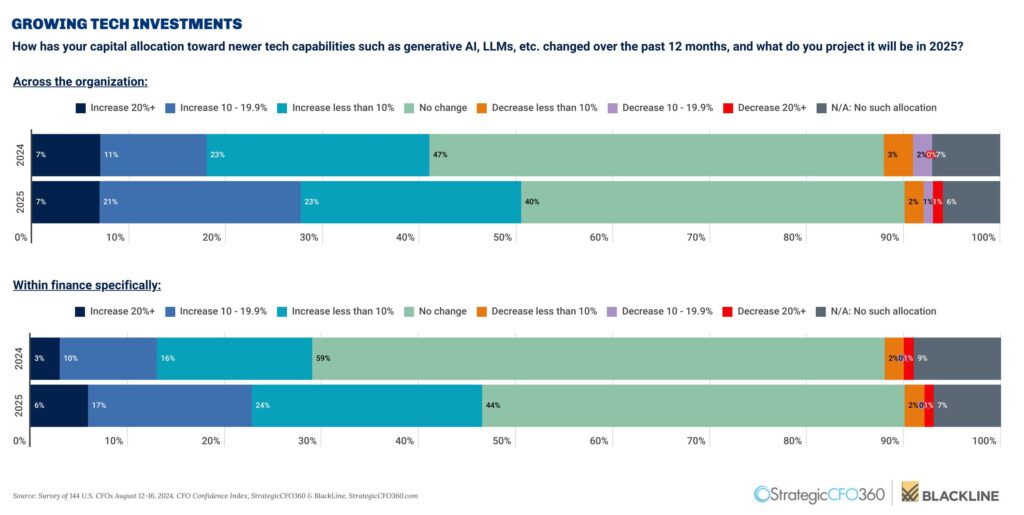At a minimum, a finance transformation initiative 1) fundamentally changes how the finance function operates and 2) produces significant performance improvements. But some organizations struggle to achieve even these modest goals. A CFO who doesn’t try to streamline, simplify and optimize finance so that it meaningfully impacts the business is a CFO who will soon be unemployed.
To better understand what a successful finance transformation requires, our Katie Kuehner-Hebert spoke with Peter “Reyn” Holden, the CFO of Qu, a commerce platform for quick-service and fast-casual restaurants. In an interview, the veteran finance executive describes some of the promises and pitfalls of transformation and why integrated systems and the CFO’s grasp of operational and financial data lie at the heart of such projects.
You are spearheading an initiative to drive Qu’s finance transformation. What does that involve, and what kind of systems are you deploying?
As CFO, you’re always trying to gain insight quickly into what’s happening within the business, identifying whether revenue is shaping up how it’s supposed to and pinpointing any potential issues. Qu is a data-driven business; data is critical for today’s CFO. If you don’t have your financial house in order, you can’t make effective business decisions, and you can’t be IPO-ready.
The challenge is creating the universal framework that lets systems communicate, alleviating data inconsistencies caused by human error and achieving a single source of truth. That source of truth is then built into dashboards organization-wide. The dashboards offer real-time health checks, provide a data dictionary and lay the foundation for AI, which is where I want to go in the long term.
To gain insight into revenue, we’ve started with an effective ERP solution to provide control, scalability and the ability to connect systems for automation—that single source of truth. We’ve updated the billing systems to eliminate manual functions and automate revenue recognition. Everything communicates with our customer relationship management (CRM) system.
How has the role of the modern CFO evolved to make them essential leaders in finance transformation?
As a CFO today, I must be more forward-looking, knowing where the business is going and how it is doing in near-real time. CFOs need to be metric-driven, shaping long-term strategies, but also understanding various data sources, dashboards and how disparate systems work together. It’s a move away from pure finance numbers and a blend of operations and finance throughout the organization.
What advice can you share on the data-related skills some CFOs need in a transformation project?
We are transitioning to a world where the CFO almost needs the skill set of a data scientist with varying concentrations in finance, accounting and economics. CFOs must still have a financial mind, but we must understand the data. Understanding data lays the foundation for setting goals.
The data can provide insight as to whether the organization is on track. It also allows us to dive into customers by segment—for example, the customer journey—and provides a holistic view of how customers engage with the business. Data gives us knowledge of the drivers of results and behaviors.
However, CFOs also need to be intelligent and selective—a CFO or other members of the C-Suite shouldn’t be drowning in data. If the data doesn’t tell you anything, you shouldn’t track it. CFOs need to ask which KPIs are required to make decisions, which KPIs add value and which are being tracked purely as vanity metrics.
What keeps some CFOs from successfully managing their organization’s finance transformation?
Most startups are laser-focused on growth and raising the next funding round. They can get blinded by the tactical implications of the role. In addition, legacy systems bog down many CFOs and hinder their ability to move forward. Modernizing systems so that they are integrated leads to greater organizational flexibility and nimbleness.
For growing companies, my advice is to start with an ERP system. Then, build scalable billing systems that work with all CRM solutions. If the business is still experiencing fluctuations once the metrics and drivers are defined, flip to enterprise performance management to reduce human error.
Finally, consider adopting an effective business intelligence tool that works across the organization. This creates a simple framework that eliminates the resources required for extensive training. It lets the team jump in with a defined menu list to pull the necessary dashboards and insights.








